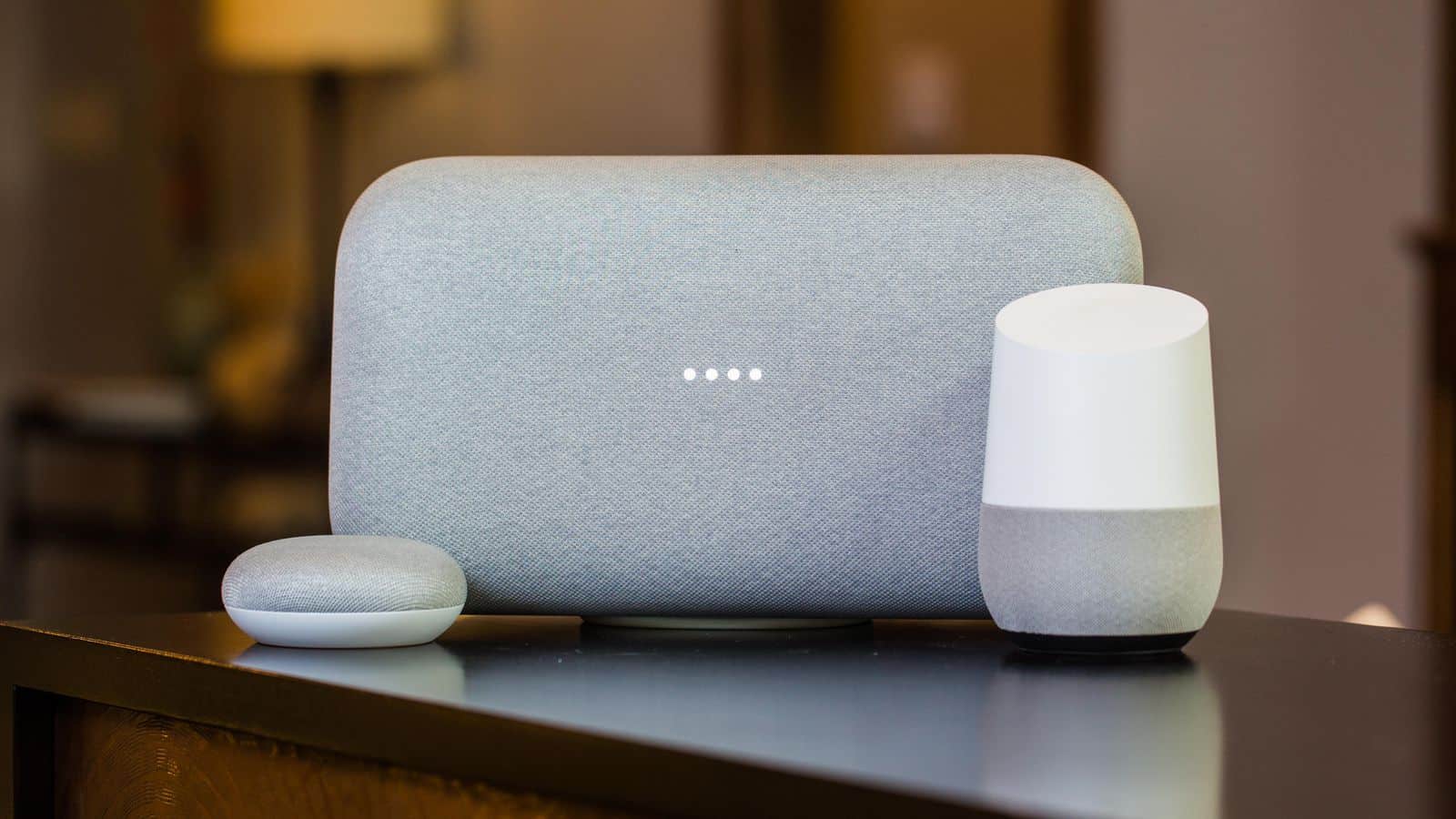Google has recently announced yet another change to their smart home strategy. The product, which was announced as Google’s first speaker product at I/O in 2016, has been making name in The Netherlands since the local launch of the Google Home and Google Home Mini two years ago. The strategy and marketing behind these products is interesting, especially as competition in this market is increasing. Amazon has come out prior with the Amazon Echo series featuring world-renown virtual assistant Alexa, which owns 70% of current marketshare. There are also lesser known alternatives available, such as the Sonos One, Bose Home Speaker or the Apple HomePod. For Google, and their Google Home series, it has shown to be challenging putting a product like this in the market the best way possible.

Most recently, the California based company announced a branding change and new features of the new Nest Hub in order to move their smart home products away from their core products and the unique selling points they were promoting only months ago. An example of this is the new camera included in the Nest Hub Max, something that was previously not part of their products due to privacy concerns. This ever changing approach to Google’s home space line is alienating customers who already bought a Google Home device and appals buyers that are considering a product in the Google suite.
Google is shifting away from a unified digital offering approach to creating separate brand identities that aren’t as clearly incorporated into the wider ecosystem. This could deprive the firm of the some of the value of the platform, but can also mean they attract a whole new set of customers. It could put Google, with all its different products and new features such as home security options, at the centre of our lives, or it is possible that consumers move to competitors such as Amazon to have a more predictable product. For sure assistant-powered voice devices will continue to increase in popularity, growing to an estimated 500 million smart speakers installed in the US by 2024. Will this be Google speakers? We’ll have to find out.
References:
Business Insider (2019). Google risks alienating existing customers with its ever-changing smart home strategy. Retrieved from: https://www.businessinsider.com/google-changes-smart-home-strategy-again-2019-5?international=true&r=US&IR=T.
SDM (2020). SMART SPEAKER MARKETING. Retrieved from: https://www.strategydrivenmarketing.com/news/2019/8/2/smart-speaker-marketing.

Thanks for the interesting read Kwint. I’ts interesting to see how home assistance devices are enjoying increased popularity because of the great benefits it brings. Despite the many privacy issues, Google indeed chose to launch the camera as an additional feature in the new Next Hub. Amazon’s Alexa products has experienced many privacy issues and claims over the year. Its microphone functionality is always listening, and one of the main concerns is that can record conversations accidentally. Once it hears, or it thinks that it hears, the wake word, it records everything in the next seconds and sends it so Amazon’s cloud computers. Information such as the music that you listen, what is usually on your shopping list, and apps and features you use on your smartphone are being recorded.
In an era where increased privacy concerns caused by foreign governments such as China, and Big Tech such as Google and Amazon, I personally think that we have to be really careful with adopting such products more into our daily lives.
Absolutely Stef, that is a very interesting balancing act that we all have to individually keep up for ourselves. Let’s see how these features develop and what measures can be put in place to keep it safe and enjoy the benefits of home appliances without worry! Thanks for your comment.
Thanks for the interesting read Kwint. I’ts interesting to see how home assistance devices are enjoying increased popularity because of the great benefits it brings. Despite the many privacy issues, Google indeed chose to launch the camera as an additional feature in the new Next Hub. Amazon’s Alexa products has experienced many privacy issues and claims over the year. Its microphone functionality is always listening, and one of the main concerns is that can record conversations accidentally. Once it hears, or it thinks that it hears, the wake word, it records everything in the next seconds and sends it so Amazon’s cloud computers. Information such as the music that you listen, what is usually on your shopping list, and apps and features you use on your smartphone are being recorded.
In an era with increased privacy concerns caused by foreign governments such as China, and Big Tech such as Google and Amazon, I personally think that we have to be really careful with adopting such products more into our daily lives.